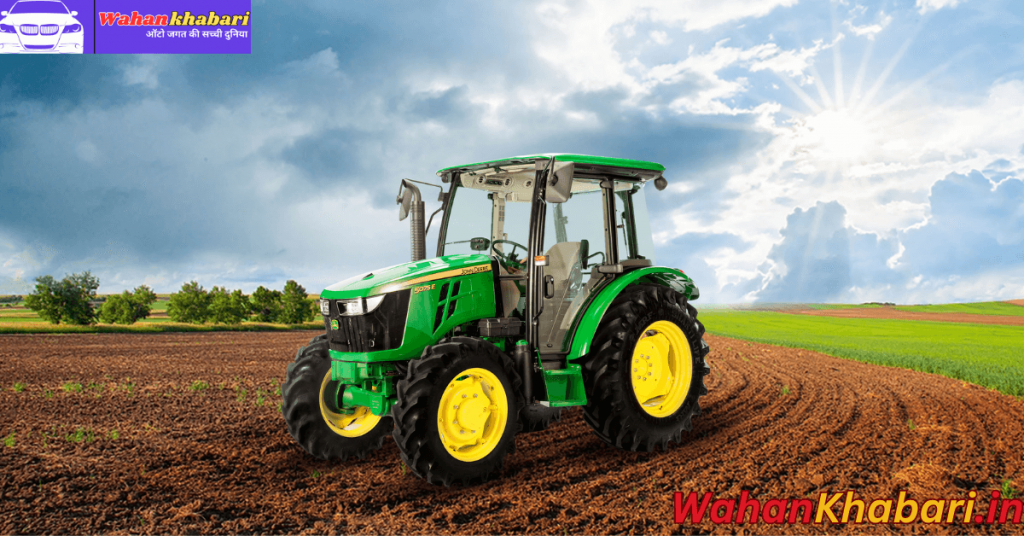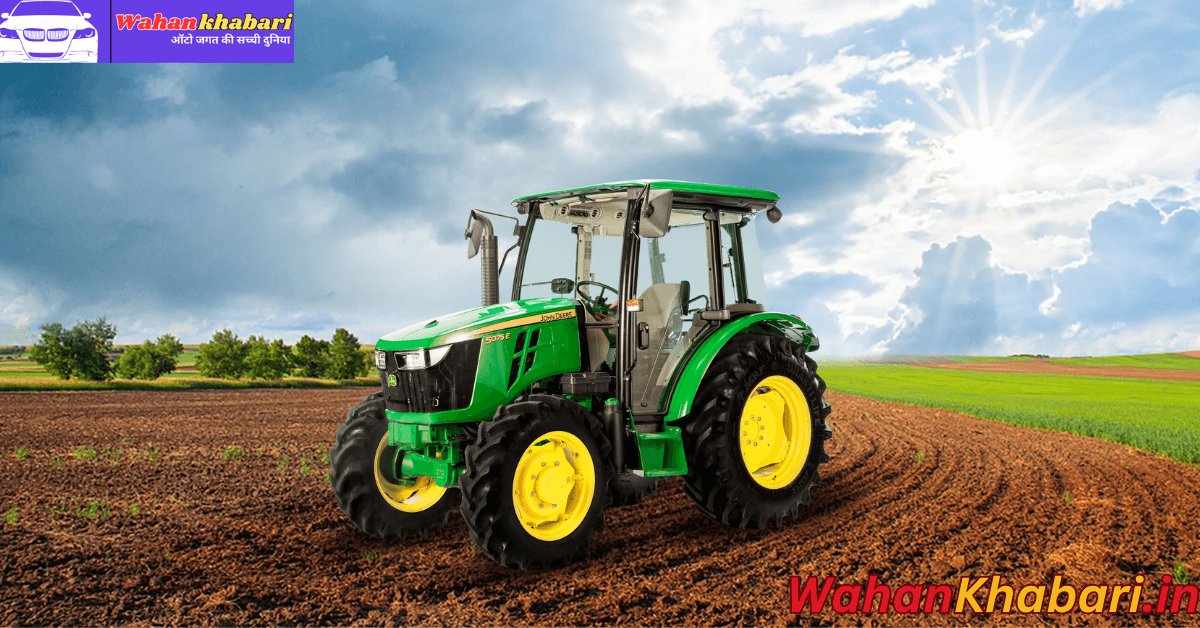In the world of agriculture, few names resonate as deeply as John Deere. Recognized by its iconic green and yellow equipment and its leaping deer logo, John Deere has become more than just a brand—it’s a symbol of innovation, reliability, and progress in farming and land management. Founded in the early 19th century, the company has played a foundational role in transforming agricultural practices, driving efficiency, and shaping modern farming.
A Humble Beginning
The story of John Deere starts with its namesake, a Vermont-born blacksmith who moved to Illinois in the 1830s. At the time, farmers struggled with soil in the Midwest that clung to cast-iron plows, which were designed for the sandy soils of the East Coast. Deere observed this challenge and responded with a groundbreaking innovation: a polished steel plow that could cut through sticky soil without clogging. In 1837, he built his first successful steel plow, and it quickly gained popularity among local farmers.
That simple yet revolutionary invention marked the beginning of what would become one of the most influential companies in agricultural history.
Growth Through Innovation
John Deere’s success wasn’t built on a single invention. Instead, it evolved through continuous innovation and an unwavering commitment to quality. By the late 1800s, the company had expanded its product line and was producing thousands of plows each year. In 1868, the business was incorporated as Deere & Company, a name it still carries today.
As the 20th century unfolded, Deere & Company became a leader in mechanized farming. The introduction of tractors in the early 1900s marked a major leap forward. The Model D, launched in 1923, was Deere’s first successful tractor, setting a new standard in power and reliability. Over the decades, the company would continue to roll out innovations—from self-propelled combines to GPS-guided equipment—designed to make farming more efficient and productive.
Meeting the Challenges of Modern Agriculture
Farming today is vastly different from what it was even 50 years ago. Challenges like climate change, population growth, water scarcity, and soil health have transformed the agricultural landscape. John Deere has responded by investing heavily in precision agriculture—a field that uses technology such as GPS, AI, IoT, and data analytics to improve crop yields and sustainability.

One of Deere’s most notable innovations in recent years is the development of autonomous tractors. These machines can operate without a human driver, using advanced sensors and machine learning to navigate fields, avoid obstacles, and optimize planting and harvesting. This not only reduces labor demands but also enables 24/7 operation, increasing efficiency and productivity.
John Deere also offers connected platforms like JDLink, which allows farmers to monitor and manage equipment remotely, analyze field data, and make informed decisions that reduce waste and maximize returns.
Sustainability and Stewardship
Beyond technology, John Deere is also focused on sustainability. The company recognizes its responsibility to support environmental stewardship and has set ambitious goals to reduce its carbon footprint, improve energy efficiency in manufacturing, and support farmers in practicing regenerative agriculture.
Efforts include developing electric and hybrid equipment, reducing fuel consumption, and improving soil management techniques through better equipment design and data analysis tools. Deere also collaborates with organizations and policymakers to promote sustainable farming practices worldwide.
Global Reach, Local Impact
Today, John Deere operates in over 30 countries and employs more than 80,000 people. Despite its global scale, the company maintains a strong connection to its roots and the communities it serves. Its equipment supports a wide range of industries—not just agriculture, but also construction, forestry, and lawn care.
In addition, John Deere invests in education and community development through programs like scholarships for agricultural students, sponsorship of 4-H and FFA (Future Farmers of America), and outreach initiatives that support rural economies.
The Future of Farming
Looking ahead, John Deere is poised to remain at the forefront of agricultural innovation. Its focus on smart farming, automation, and sustainability is aligning with the global push for climate-resilient and resource-efficient agriculture.
By combining cutting-edge technology with a deep understanding of farmers’ needs, Deere is not just manufacturing machines—it’s helping build the future of food production. As digital tools become more integrated into farming, John Deere’s role will likely shift even further into software, data services, and AI-driven decision-making tools.
Final Thoughts
John Deere’s journey from a one-man blacksmith shop to a global powerhouse is a testament to the power of innovation, persistence, and a deep commitment to helping people work the land more effectively. With roots in America’s heartland and eyes on a sustainable global future, John Deere continues to shape how we grow the food, fiber, and fuel that the world depends on.

Hello, my name is Muskan Kumari and I am an experienced Digital Marketer. I have been blogging for the last 3 years and I have special interest in SEO. Here I give you easy bikes and writes easy-to-understand reviews and news about the latest bikes, helping readers choose the best options.. My aim is to always provide you with accurate, new and useful information.










